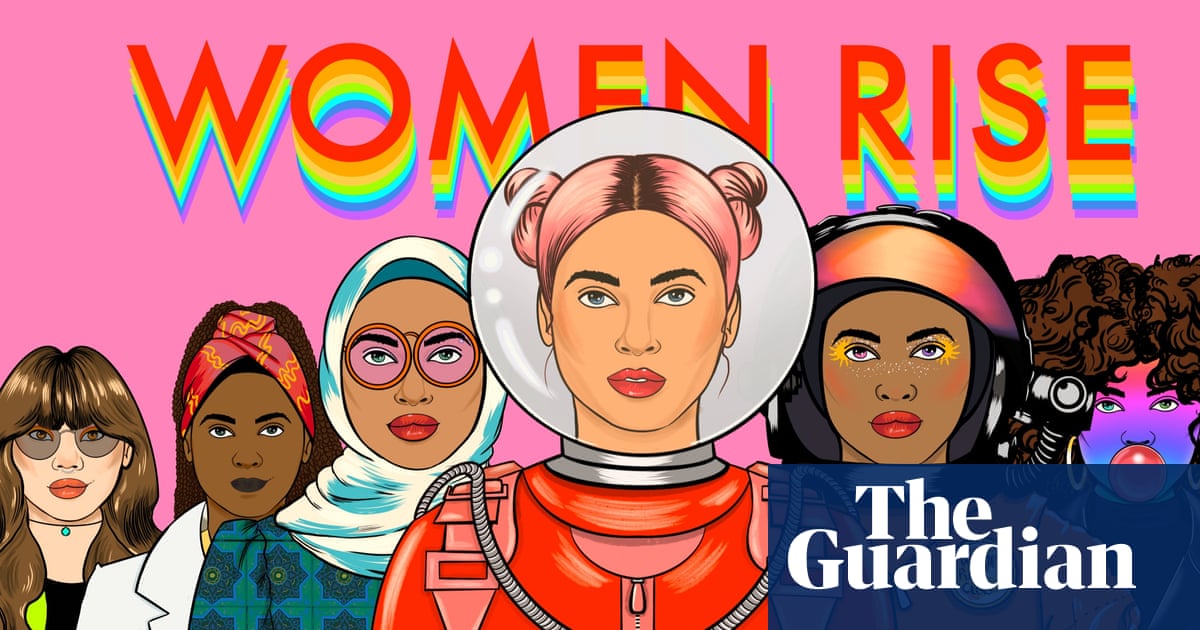Day of the Girl is critical, but support is needed year-round, say campaigners - 3 minutes read

“Girls who were once hopeful about their futures say to us: ‘We’re not sure if we’re going to achieve our dreams now, if we’re ever going to go back to school’,” said Emily Wilson, chief executive of UK and Uganda-based organisation Irise International, which works to combat period poverty.
“There is always a risk that girls’ rights becomes an add-on,” said Wilson. “So these mainstream peaks in engagement on days like today have really helped change attitudes. The Day of the Girl gives us the opportunity to share our reports with policymakers, and push the issues we work on all year more centre-stage.”
Mwangala Mukelabai, Zambian representative for the Campaign for Female Education (Camfed), who is taking over the NGO’s Twitter account to share her journey of activism for girls’ education, agreed. “Girl child day is important to me because it is on this day that we make sure the voices of girls are heard and highlight the challenges that they face to the world,” she said.
Abidi said she hoped her project would drive more girls into the tech and blockchain industries. But in a world where men are up to 50% more likely to access the internet than women, more work needed to be done to ensure girls don’t miss out on the technology boom.
Abidi said governments and institutions must prioritise girls at risk of dropping out of education early, if the gender digital divide is to be closed. “When we talk about the digital world in connection to girls’ education, or girls in general, it’s not just about connecting girls to the internet.” Leaders must ensure girls interested in Stem (science, technology, engineering and maths) subjects can stay in those fields, all the way from school to university to a job, she said. “It’s about helping them reach that finishing point.”
Wilson said in Uganda, Irise has had to cancel its menstruation education programmes in schools, which remain closed. The organisation has instead diverted resources to tackling the rise in child marriage and teenage pregnancies among the estimated 10 million Ugandan girls who have missed out on an education since last March.
Olutope Olatilewa, the Nigeria-based founder of mentoring programme African ChangeMakers Women Network, said: “Society is confused about where to place the girl child; she is caught in between the categories of women’s rights and children’s rights. But little visibility is given to girls’ rights specifically.”
While rates of child marriage have gone down over the past decade, the decline is not fast enough to end the practice by 2030, said Nerida Nthamburi, a Kenya-based partnership officer for Girls Not Brides. The group estimates that progress must become six times faster to meet the UN target.
Source: The Guardian
Powered by NewsAPI.org